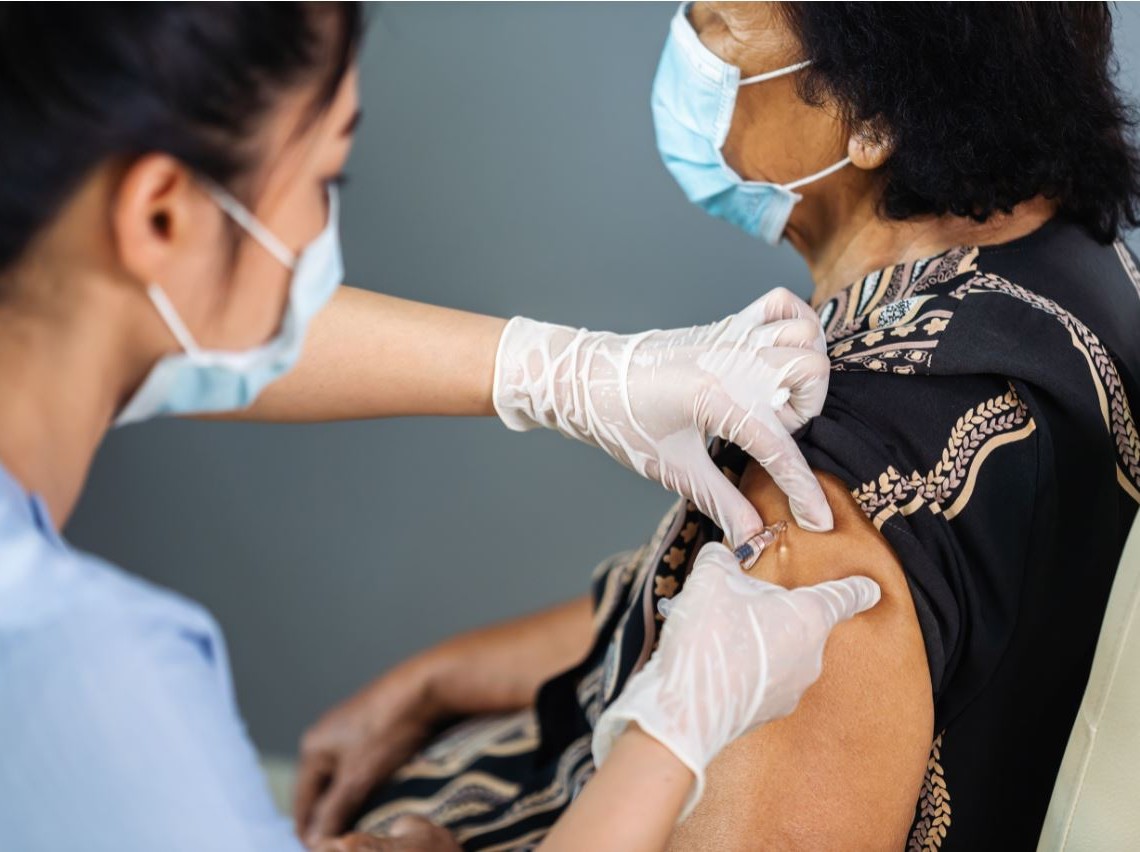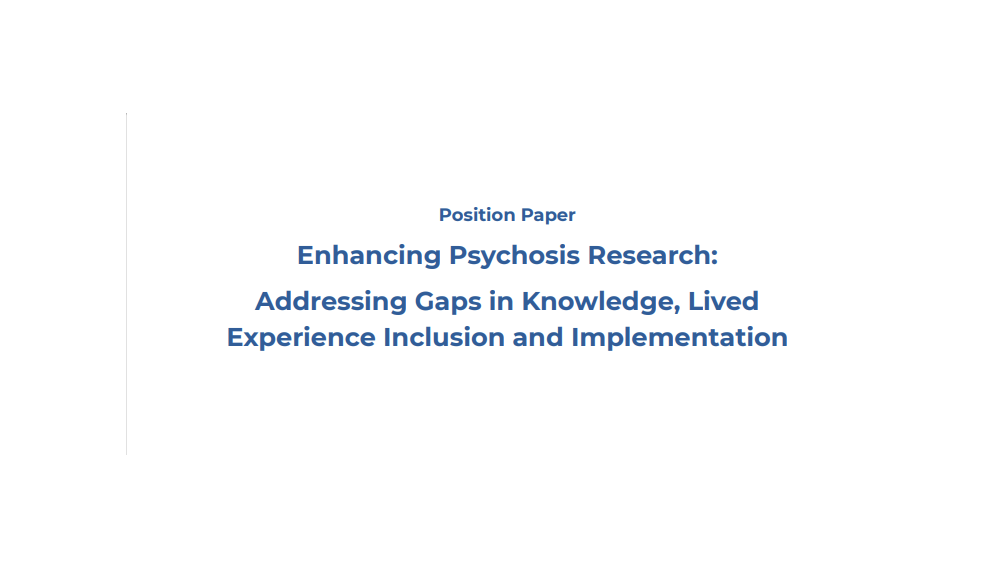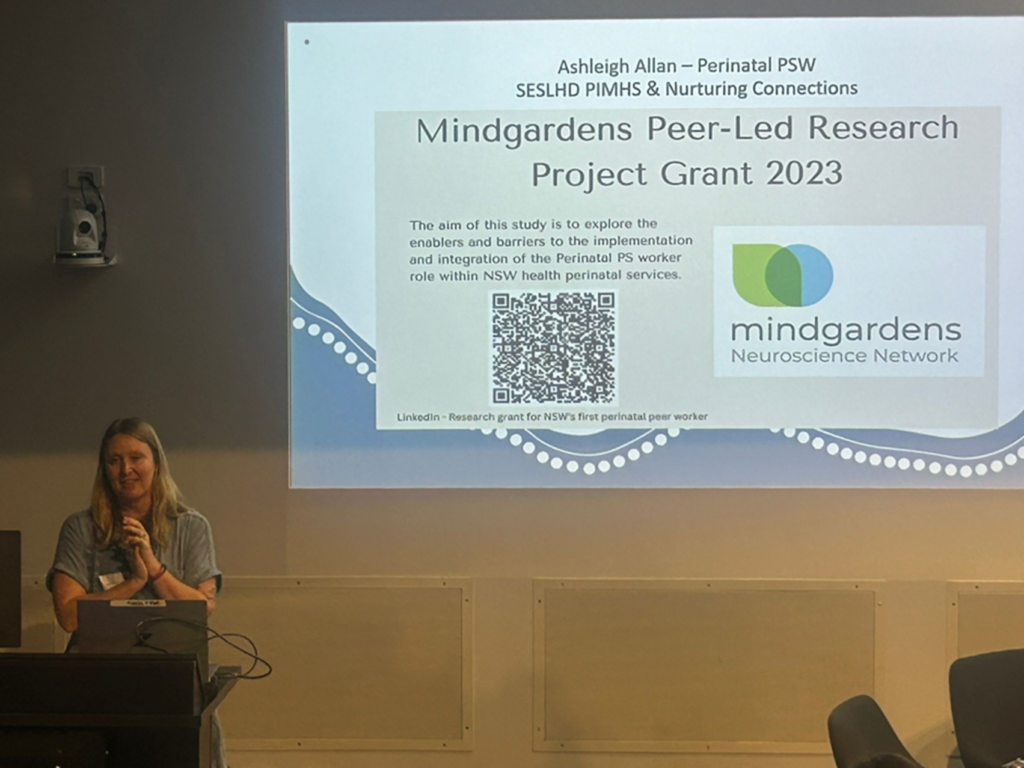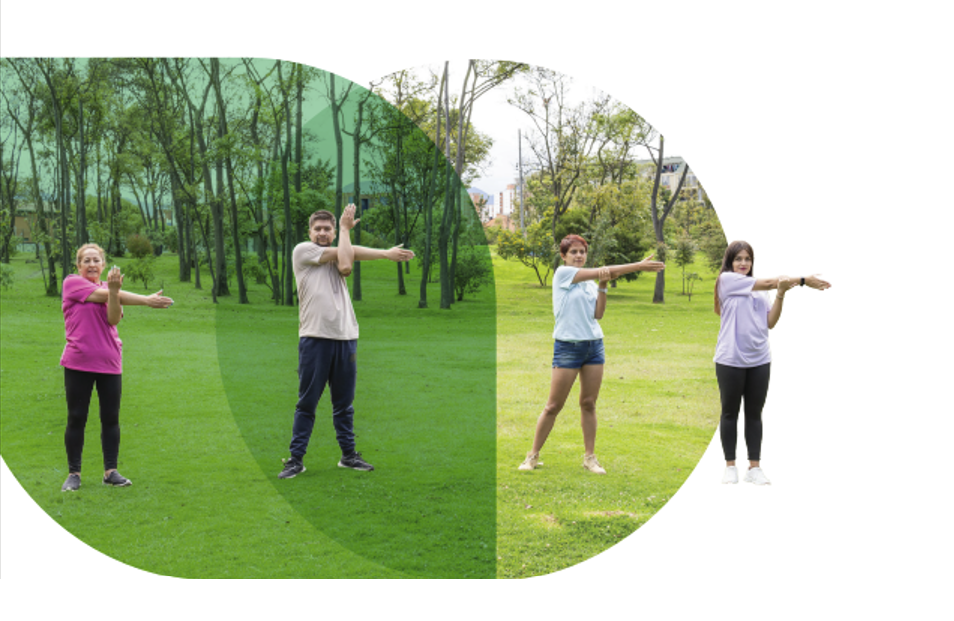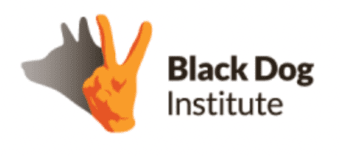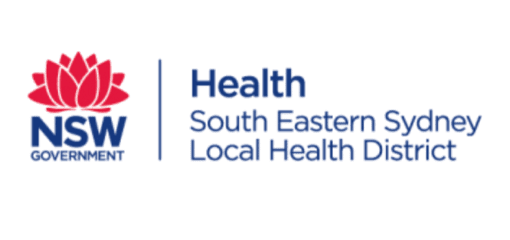Global Call to Action to improve vaccine access for people with mental illness
October 27, 2021
CONTACT:
Professor Russell Roberts: 0418 852 748, rroberts@csu.edu.au
Associate Professor Jackie Curtis: contact@mindgardens.org.au
During Australia’s national mental health month, an international alliance of people living with mental illness, scientists, public health experts and community leaders, is calling for urgent action towards vaccine equity for people living with mental illness.
In launching the Global Call to Action on Equitable Vaccine Access, the Equally Well alliance is targeting inequities in health systems across the world that see people living with mental illness:
- twice as likely to be hospitalised, experience long term effects or die from Covid-19;
- at four times greater risk of contracting and dying from other vaccine-preventable diseases including influenza and tuberculosis, as reports in Lancet Psychiatry and another in Lancet Epidemiology and Psychiatric Sciences have identified.
Professor Russell Roberts, spokesperson for Equally Well Australia and Charles Sturt University Professor in Management, said equitable access to vaccines was a fundamental human right.
The World Health Organisation (WHO) has recommended countries take proactive measures to prioritise those who are vulnerable and socially disadvantaged when it comes to vaccine access, and yet we see in many countries around the world the mentally ill and people living with substance use disorders, excluded or delayed from getting the support they need to make informed choice around vaccine programs, Professor Roberts said.
The success of the Covid-19 vaccine has showed how targeted and supported vaccine programs can save lives, reduce pressure on the health care system and save money in preventable hospitalisation, said Professor Roberts. In Australia, without any additional resources or staff, proactively offering vaccination to people with serious mental illness would save $84 million in hospital costs each year, he said.
The Global Call to Action also recognises the vital role of families and carers in the lives of many people living with mental illness, who are often invisible in the systems they help their loved ones navigate.
The key is in removing stigma around attitudes towards people living with mental ill health and substance use disorders and taking proactive approaches from policy makers and clinical health practitioners, to reach out to those who may be eligible. Contrary to common belief the rate of vaccine hesitancy and vaccine acceptance in people with mental illness is the same as the rest of the population, Professor Roberts said.
Lower rates of vaccination are only one of the physical health disadvantages experienced by people who live with mental illness:
- People living with mental illness die on average 20 years earlier than the rest of the population.
- While their incidence of cancer is the same or lower than the general population, women with mental illness are six times more likely to die of breast cancer, and men five times more likely to die of prostate cancer.
- Ten times as many people with mental illness die early due to physical health conditions than die by suicide.
- Many of the causes of early death are preventable through screening and prevention measures such as vaccination.
- System failures, diagnostic overshadowing (when health professionals notice only mental not physical health issues), invisibility of carers, stigma and discrimination contribute to physical health inequity.
Associate Professor Jackie Curtis, the Executive Director of Mindgardens Neuroscience Network, said, “There is enormous scope to improve the lives of people who experience mental illness by focusing on physical health and not just mental health symptoms. Support for exercise programs, healthy eating and smoking cessation can help people reduce their risk of disease and engage positively with work, study, relationships and whatever is most meaningful for them. I give my wholehearted endorsement to this Global Call to Action for Vaccine Equity, which addresses another major opportunity to improve the physical health of mental health consumers.”
Associate Professor Curtis originated the Keeping the Body in Mind program, focused on improving the physical health of young people diagnosed with mental illness, which is delivered by South Eastern Sydney Local Health District and is also part of the Mindgardens alliance, which develops integrated responses to mental health and brain disorders.
Individuals and organisations interested in supporting the Global Call to Action on Equitable Vaccine Access can see the full declaration and make a pledge on the campaign website
https://www.equallywell.org.au/declaration/
Social media: @EquallyWell_AU, #VaccinEquity, #equallywellvax
References for Lancet Psychiatry studies.
SARA, G., CHEN, W., LARGE, M., RAMANUJ, P., CURTIS, J., MCMILLAN, F., MULDER, C., CURROW, D. & BURGESS, P. 2021. Potentially preventable hospitalisations for physical health conditions in community mental health service users: a population-wide linkage study. Epidemiology and Psychiatric Sciences, 30, e22
Vai B, Mazza MG, Delli Colli C, Foiselle M, Allen B, Benedetti F, et al. Mental Disorders and Risk of Covid-19 Related Mortality, Hospitalization and Intensive Care Unit Admission: A Systematic Review and Meta-Analysis. Lancet Psychiatry. 2021;8:797-812
Reference for World Health Organisation report
World Health Organization. WHO SAGE values framework for the allocation and prioritization of COVID-19 vaccination, 14 September 2020. World Health Organization; 2020.
Equally Well is an alliance of individuals and groups working together to improve the physical health outcomes of people living with mental health and addiction issues. The Global Call to Action is being co-led by Equally Well Australia, Equally Well UK and Equally Well New Zealand with support from alliance members in 12 countries through Europe, Asia and the United States.
Brings together the strengths of four founding organisations

